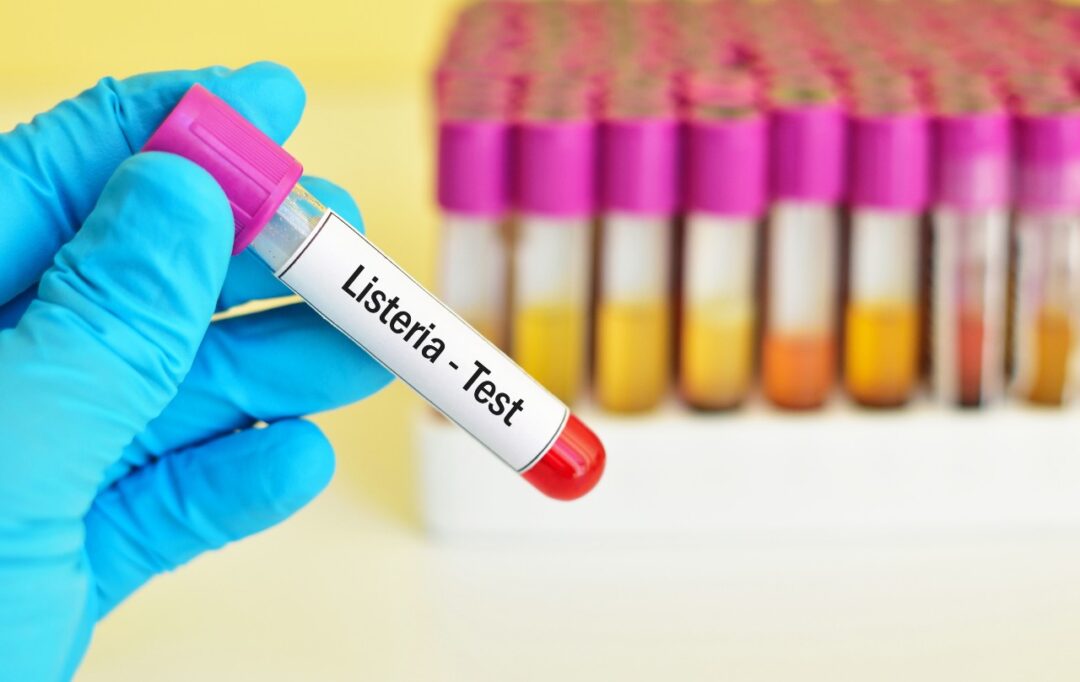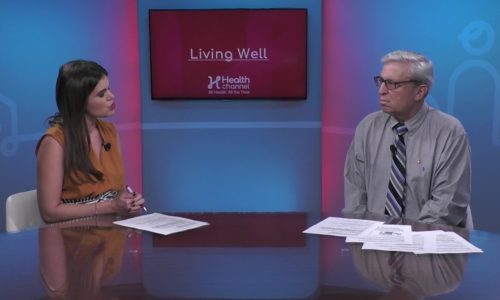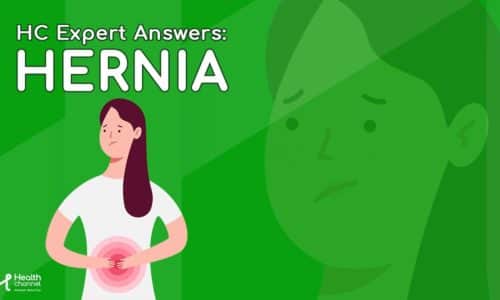Is listeria a real concern? |

Listeria monocytogenes, or Listeria for short, is a bacterium that causes an infection called listeriosis. Recently, Sabra Dipping Co. voluntarily recalled 30,000 cases of its Classic Hummus because of possible Listeria contamination. Just prior to that, several people became infected with Listeria due to contamination of Blue Bell ice cream. As of this writing, no one has become infected due to a contaminated Sabra product. Due to infections linked to contaminated Blue Bell products, however, the CDC has recommended that consumers avoid any Blue Bell brand products made at their Oklahoma production facility.
How does someone contract listeriosis? Listeria bacteria are found in soil and surface water, as well as in animals that do not appear to be infected. Food can become contaminated when it is handled by an asymptomatic carrier or if it comes in contact with Listeria bacteria in fertilizer or animal waste. The great majority of people who develop listeriosis get it through contaminated foods. Foods that have most commonly been associated with Listeria contamination include processed meats (hot dogs, deli meats, etc.), cheeses (particularly those made with non-pasteurized milk), raw milk, and smoked seafood. Thus far, contamination of fresh produce has been uncommon. Infections that occur in pregnant women are particularly troubling since they can lead to miscarriage, stillbirth, premature delivery, or life-threatening infection of the newborn.
What are the symptoms of listeriosis? Most people that are infected have few or no symptoms. When symptoms are present, they are usually flu-like in nature, including fever, muscle aches, nausea and/or diarrhea. In severe cases, nervous system involvement including meningitis and brain abscesses can occur.
Who is at risk for developing listeriosis? In the United States, an estimated 1,600 persons become seriously ill with listeriosis each year. Some groups of people are at higher risk of becoming infected and developing complications than others. Those at increased risk include:
- Individuals with immune system weakness due to AIDS, cancer, or from taking immune-suppressing medications.
- Pregnant women, who are approximately 20 times more likely to contract listeriosis than other healthy adults.
- People with chronic illness, such as diabetes, alcoholism, liver or kidney disease.
- Older individuals.
- Newborns, particularly if their mother is infected at the time of delivery.
How is listeriosis diagnosed? The diagnosis is often suspected based on typical symptoms occurring during a Listeria outbreak. With the first cases of an outbreak, or when the diagnosis is uncertain, culturing the bacteria from the subject’s blood or spinal fluid can be performed.
How can you reduce your risk for listeriosis? Some of the most important ways to reduce your risk of developing listeriosis are as follows:
- Thoroughly cook raw food from animal sources, such as beef, pork, or poultry to a safe internal temperature.
- Rinse raw fruits and vegetables thoroughly under running tap water before eating (even if the peel is not eaten).
- Keep uncooked meats and poultry separate from vegetables and from cooked foods and ready-to-eat foods.
- Do not drink raw (unpasteurized) milk, and do not eat foods that have unpasteurized milk in them.
- Wash hands, knives, countertops, and cutting boards after handling and preparing uncooked foods.
- Consume perishable and ready-to-eat foods as soon as possible.
Persons at high risk, such as pregnant women and those with weakened immune systems, need to take additional precautions. These include: (1) avoiding soft cheeses (brie, feta, blue, etc.) unless made with pasteurized milk, (2) refrigerated smoked seafood (which may be labeled as “nova-style,” “lox,” “kippered,” “smoked,” or “jerky”), and (3) refrigerated pâté or meat spreads from a deli or from the refrigerated section of a store.
What should you do if you’ve eaten food that could have been contaminated with Listeria? Even if the food contained Listeria, the risk of developing listeriosis is very small. No tests or treatment is necessary if symptoms do not occur after eating food suspected of being contaminated. If the person is in a high-risk group, the CDC recommends seeking medical attention if fever or signs of listeriosis occur, even if this develops several weeks after eating the suspect food.
Can Listeriosis be treated? In healthy individuals, Listeria bacteria are cleared by the body in about a week without specific treatment. For high-risk patients with symptoms, antibiotics delivered through an intravenous line, are usually required. Ampicillin and Bactrim (trimethoprim-sulfamethoxazole) are two of the antibiotics that are typically used. Treatment with antibiotics is particularly important in pregnant women due to the risk to the fetus.
If you have any more questions just Ask Hanna, our health advisors are here to help.
Image: ©Shutterstock / Jarun Ontakrai








